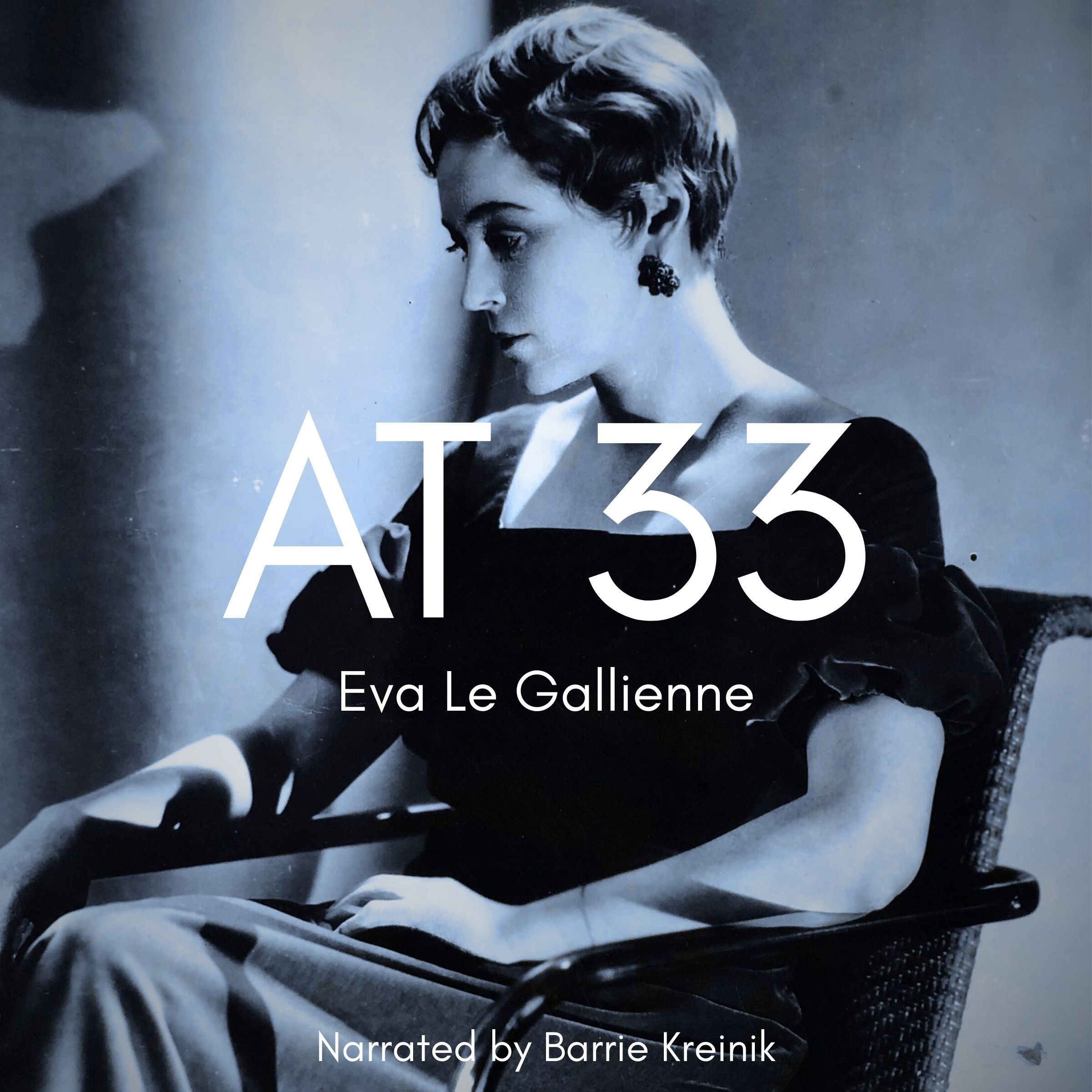Texas 4
Listen to Texas 4, a 62-year-old woman from Weslaco, Texas, United States. Click or tap the triangle-shaped play button to hear the subject.
Both as a courtesy and to comply with copyright law, please remember to credit IDEA for direct or indirect use of samples. IDEA is a free resource; please consider supporting us.
BIOGRAPHICAL INFORMATION
AGE: 62
DATE OF BIRTH (DD/MM/YYYY): 1938
PLACE OF BIRTH: Weslaco, Texas
GENDER: female
ETHNICITY: Caucasian
OCCUPATION: executive assistant
EDUCATION: university degree
AREA(S) OF RESIDENCE OUTSIDE REPRESENTATIVE REGION FOR LONGER THAN SIX MONTHS:
Subject has lived in Texas her entire life. Her birth town is located in the center of the Rio Grande valley, close to the Mexican border town of Reynosa. She lived there until attending college at the University of Texas in Austin.
OTHER INFLUENCES ON SPEECH: N/A
The text used in our recordings of scripted speech can be found by clicking here.
RECORDED BY: Pamela Christian
DATE OF RECORDING (DD/MM/YYYY): 19/02/2001
PHONETIC TRANSCRIPTION OF SCRIPTED SPEECH: N/A
TRANSCRIBED BY: N/A
DATE OF TRANSCRIPTION (DD/MM/YYYY): N/A
ORTHOGRAPHIC TRANSCRIPTION OF UNSCRIPTED SPEECH:
I grew up — I was born in 1938 in a little town called Weslaco, Texas, which is right in the center of the valley, of the Rio Grande Valley, which is very close to the Mexican border, Reynosa. An’ I went all the way through elementary school an’ high school there. (Um) Our school had about 400 people in it. (Uh) An’ the val- as I was telling you earlier, about half o’ those — half of the town was Mexican-American. The other half o’ the town was Anglo. We had no blacks, no Asian-Americans. Y’know, there was no other culture that I can recall bein’ represented there. It was a typical growing up time in the fifties. (Uh) President Eisenhower came to the valley, an’ went down the highway, an’ I waved at him. (Um) I met Harry Truman one time, also. But (uh) it was just a typical, “Happy Days”-type growing up. (Uh) Y’know, drive-in movies, (uh) Dairy Queens. We went everywhere in groups. Hardly anyone dated. The locals — oh, then polio was a big thing back then too. So (uh), for about two summers, they closed the movie theatres, and the swi- the public swimming pools. Y’ couldn’t do anything. An’ just random people, y’know, (uh) developed polio, so there’s — (uh) that was a real scary time. (Um) I had ten best friends, and we jus- … we ran around together. We had our picture made together. We had slumber parties together. And we even still now (uh) communicate with each other, an’ we’re all in our sixties, so that was fun. (Uh) So it was a very laid back, very secure, very innocent time. And (uh) there’s no- … y’know, there was a little smoking behind the barn or whatever, but there was no- … y’know, no drug culture. Very little alcohol. I guess the guys pro’bly drank beer. [Clears throat] There was a very — you were expected to go to college, in, in, at least in my culture, my crowd, my family. You were expected t’ go to college. You were expected not to have sex before you got married. You were expected to (uh) go to church every Sunday. It was that kind of a thing, an’ we didn’t question it. An’ the interesting thing is, that most of the people that I knew, that I grew up with, an’ stuff, (um) have turned out to be the most secure, happy people. So I don’t know. Y’know, I don’t know the answer to all tha-that’s, y’know, beyon’ me, but … They’re all very, y’know, there hasn’t been really any suicides, or any alcoholism, or any, y’know, great, terrible, tragic things. But on the other hand, we weren’t very creative or very, y’know, we never — nobody’s ever set the world on fire. Nobody’s ever written the world’s greatest poem, or the world’s greatest music. Maybe we weren’t tortured enou…
TRANSCRIBED BY: Jacqueline Baker
DATE OF TRANSCRIPTION (DD/MM/YYYY): 20/07/2008
PHONETIC TRANSCRIPTION OF UNSCRIPTED SPEECH: N/A
TRANSCRIBED BY: N/A
DATE OF TRANSCRIPTION (DD/MM/YYYY): N/A
SCHOLARLY COMMENTARY:
The South Texas dialect is characterized by a relaxed style and rhythm, a breathiness to the voice, and a lyrical, connected quality linking words and phrases. It’s not “twangy” at all, as found in many other regions of Texas. The South Texas dialect is also reflected in the topics the subject chooses to discuss: memories of an innocent and happy childhood, a laid-back social and political environment, and the slow, predictable way of life. Subject’s jaw is relaxed but moves very little. Vowel extensions are present but held to a minimum. Short vowels in words like “friends,” “things,” and “back” are extended with the addition of a “y” sound (marked here with “j”), as in frie[j]nds, ba[j]ck, and thi[j]ngs. Most long vowels have reverse lilt extensions, also typical of Texas speech. Words like “today” and “green” have a schwa added before the vowel (marked here with “u”), as in tod[u]ay and gr[u]een. Among the following most prominent changes, you will notice the diphthongs in “time,” “type,” and “drive,” along with the fact that the diphthongs in “town,” “around,” and “proud” move toward the “ah” sound. Also, the “r” is hard, with the tongue moving towards the velum, and the “g” is dropped for “ing” endings (sippin’, drivin’, and workin’). Lastly, “woman” is pronounced with the [o] vowel, and vowels in “know” and “knew” are consistently pushed forward.
COMMENTARY BY: Pamela Christian
DATE OF COMMENTARY (DD/MM/YYYY): 19/02/2001
The archive provides:
- Recordings of accent/dialect speakers from the region you select.
- Text of the speakers’ biographical details.
- Scholarly commentary and analysis in some cases.
- In most cases, an orthographic transcription of the speakers’ unscripted speech. In a small number of cases, you will also find a narrow phonetic transcription of the sample (see Phonetic Transcriptions for a complete list). The recordings average four minutes in length and feature both the reading of one of two standard passages, and some unscripted speech. The two passages are Comma Gets a Cure (currently our standard passage) and The Rainbow Passage (used in our earliest recordings).
For instructional materials or coaching in the accents and dialects represented here, please go to Other Dialect Services.
 IDEA: International Dialects of English Archive
IDEA: International Dialects of English Archive



